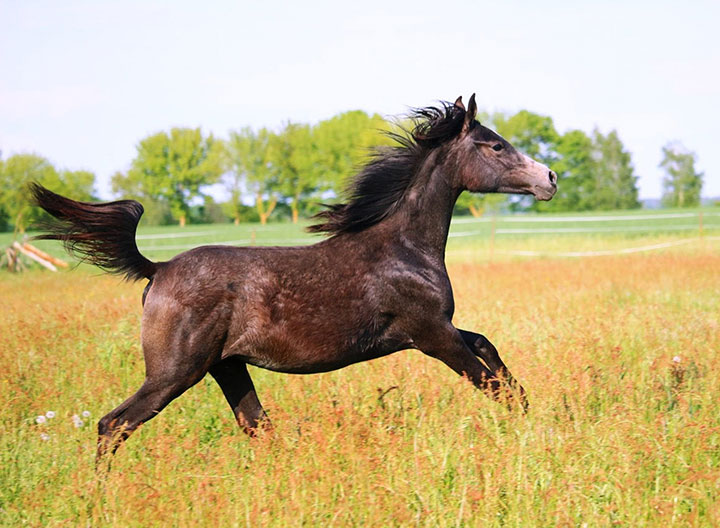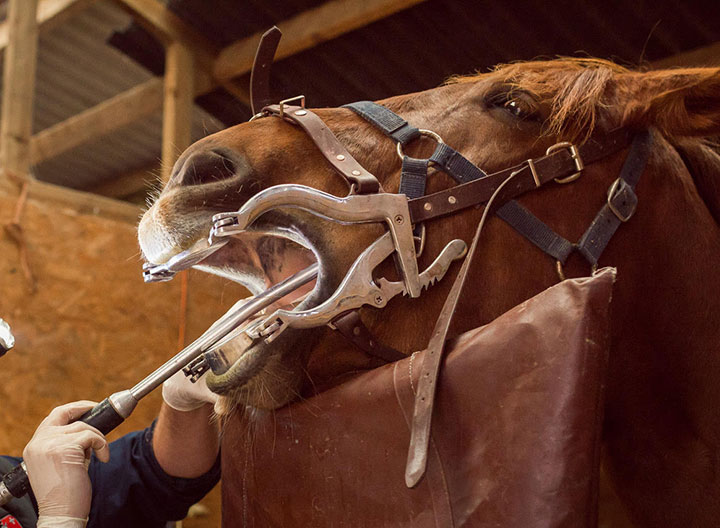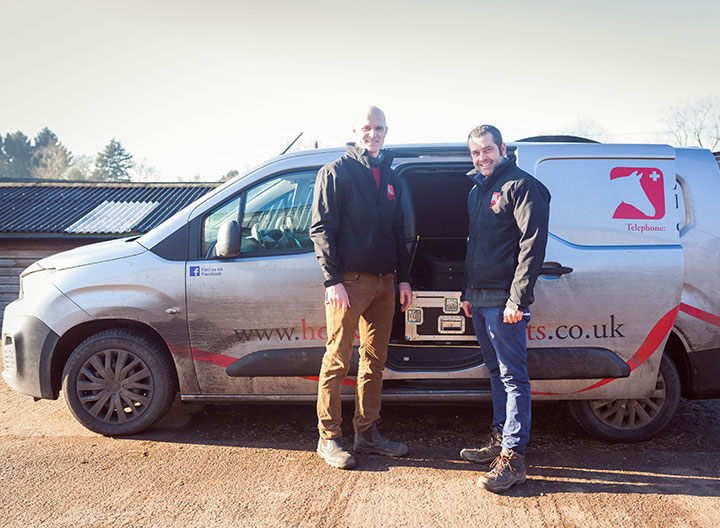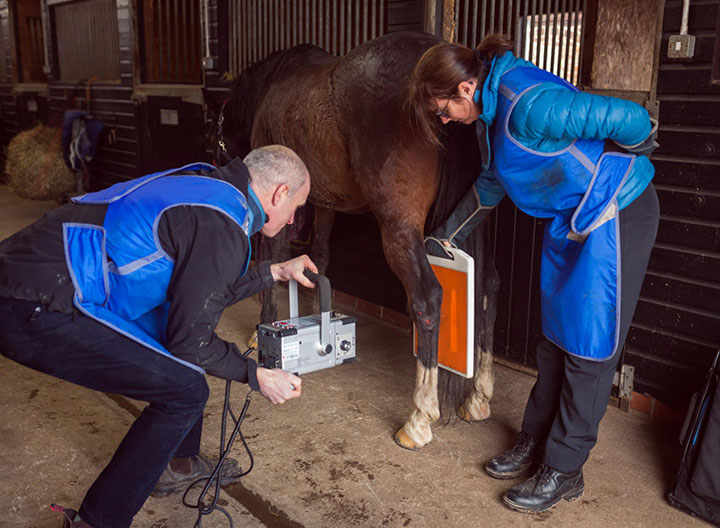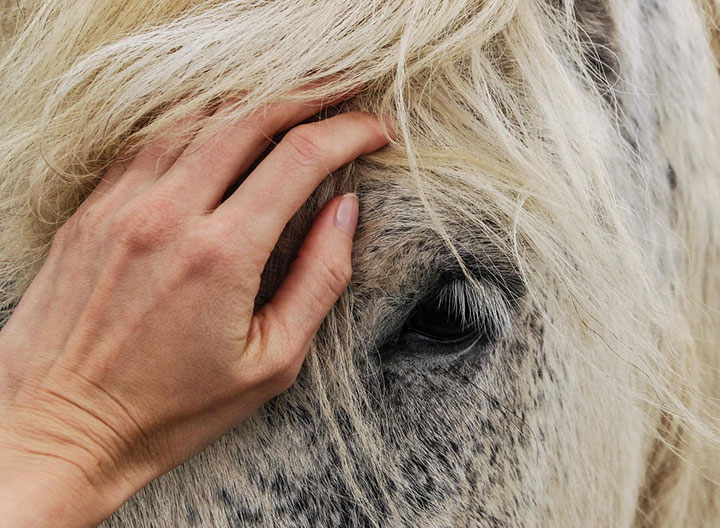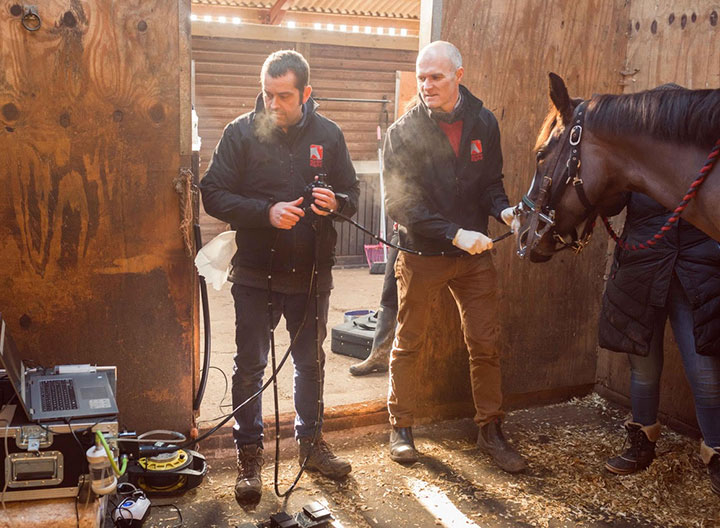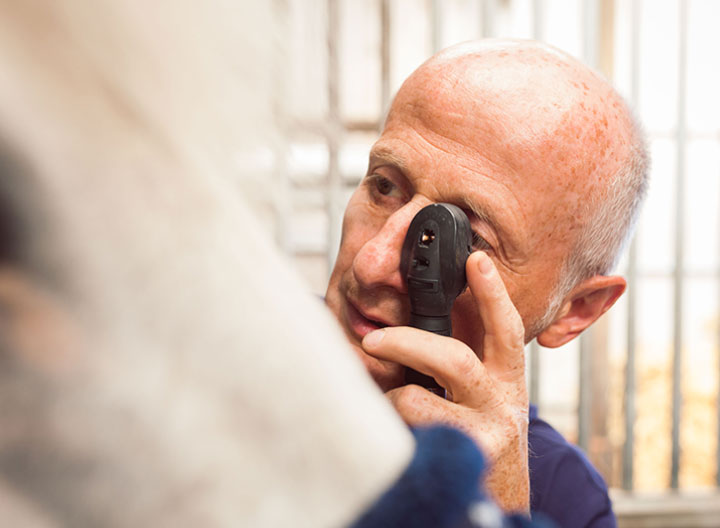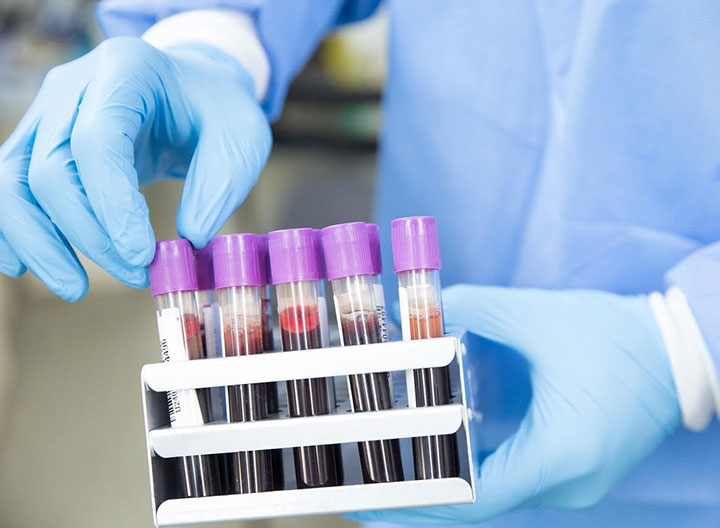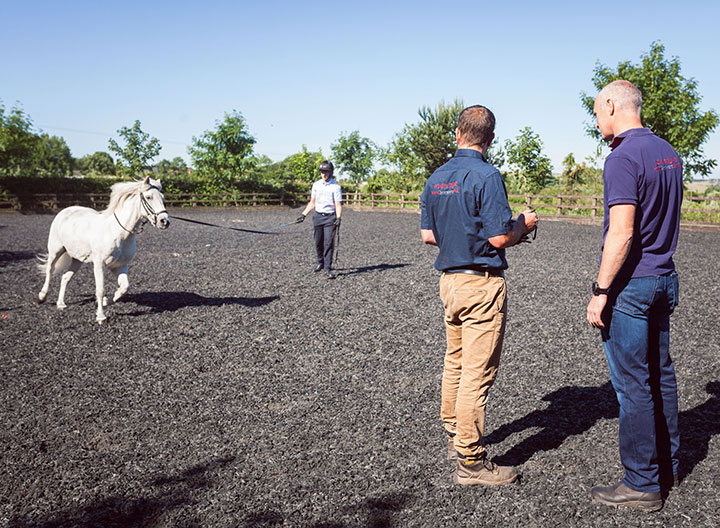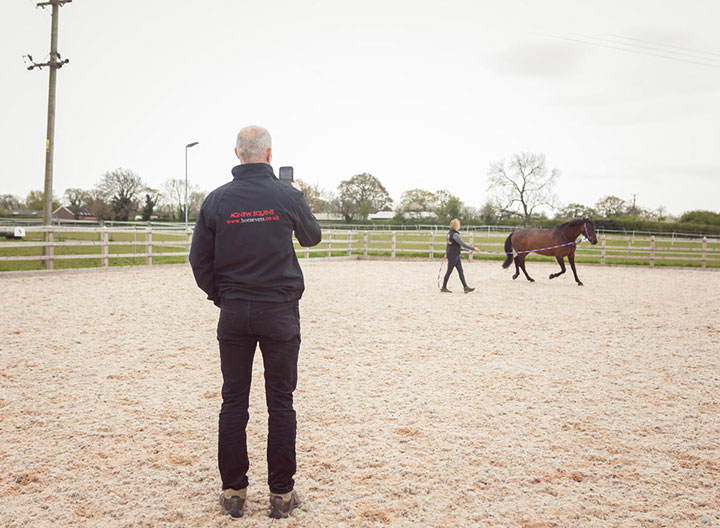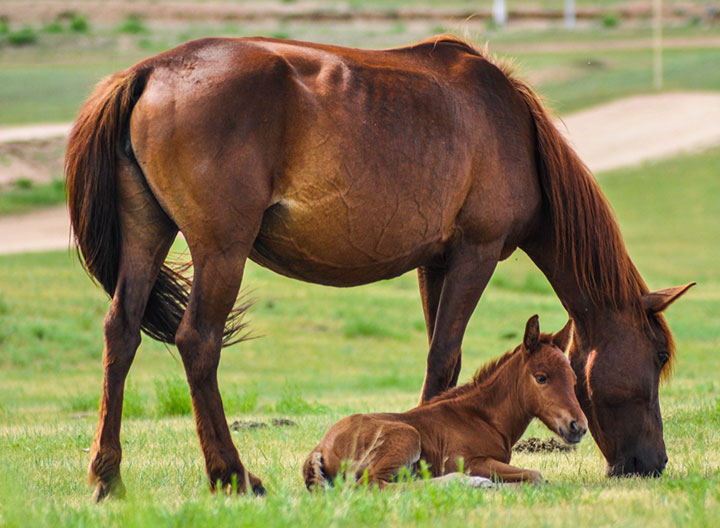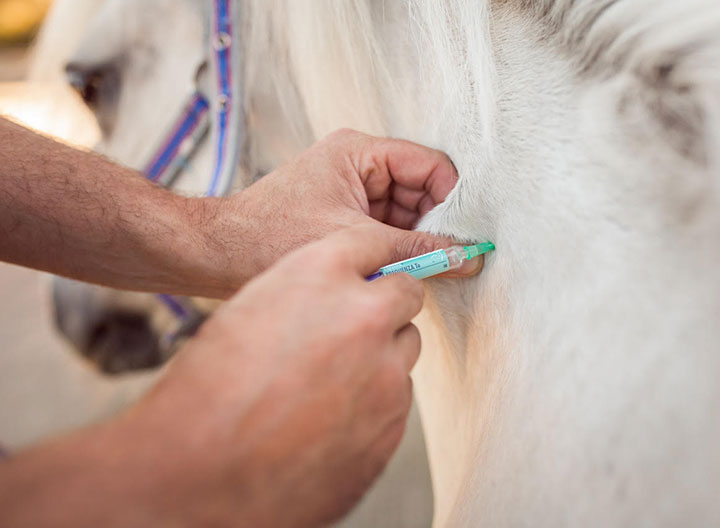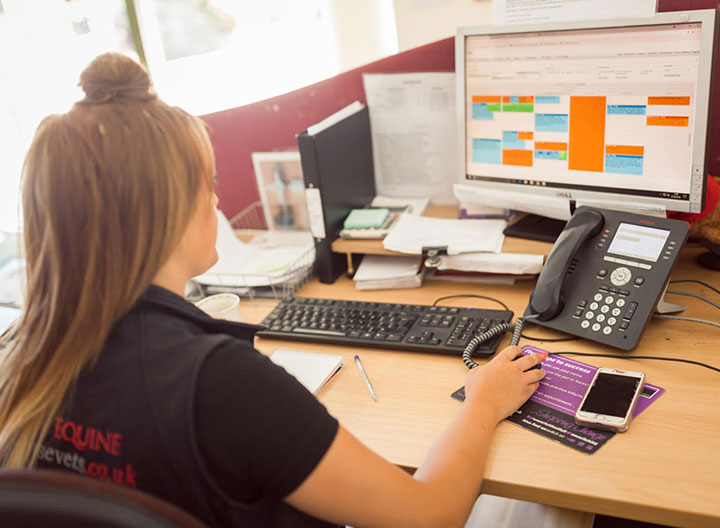Euthanasia and Equine Bereavement
One of the most difficult decisions that may have to be faced as a horse owner is the consideration for euthanasia. It is actually quite rare for a horse to die of natural causes these days, so most often it comes down to the owner making the decision that their horse no longer has the quality of life it deserves – whether that is through acute injury or chronic illness, or just age and progressive decline. In an acute situation where the horse is in severe pain and the prognosis is very poor, whilst being a traumatic event, the decision to euthanise is usually a lot more straightforward. But with geriatric horses or horses with chronic diseases or conditions, quality of life is often harder to measure and the decision on when to euthanise is less clear.
Choosing whether, or when, to end a beloved animal’s life may be the hardest decision you ever have to make. But, it may also be one of the most responsible and compassionate things we can do for them - so they are ‘let go’ with dignity and do not suffer. The word “euthanasia” is from the Greek language, and literally translates to “the good death.” We are privileged in veterinary medicine to have the ability to end suffering, and have a responsibility to work with you to do so in a way that is painless and minimises stress for all involved.
Consider the Situation
There are a wide range of circumstances that may warrant euthanasia. Some of these situations may include:
- Incurable, progressive disease
- Chronic severe lameness (eg. Arthritis)
- Surgical colic - when surgery isn’t an option or when the problem cannot be fixed by surgical means
- Old horse, unable to get up or poor quality of life
- Severe, traumatic injury (eg. Fractured leg)
- Dangerous behavioural traits
- Unresponsive to treatment
- No treatment options (eg. Grass Sickness)
- Financial constraints
Every case is different and a highly personal experience. Where necessary the decision can be helped by talking through options with your vet. Sometimes all the treatment options have been exhausted and euthanasia is the kindest option. In other circumstances the character of the horse may dictate that euthanasia has to be performed sooner rather than later e.g. if a horse that requires box rest will not tolerate it.
In some situations - for example inoperable colic or a complete fracture of a long bone of the leg - immediate euthanasia is warranted and effectively the decision is taken out of your hands. However, more often than not, there is a steady decline in the horse’s physical or mental well being and a more ‘grey-area’ decision has to be made. There are questions to be asked of the horse that can help guide you to your answer:
- Does it have a decent quality of life?
- Does it have more ‘bad’ days than ‘good’ days?
- Is it depressed?
- Is it suffering?
- Is it kinder for the animal to be put to sleep?
Everyone’s experience is different. Your vet will always be prepared to talk you through the various options and perhaps how they would proceed if it was their animal. Sometimes emotions take over and to make the decision alone can feel overwhelming, so we always do our best to listen and guide when needed or requested.
Planning & preparation
Euthanasia can be a planned event or it may have to be performed in an emergency situation. When you do have the opportunity to plan, while it can be difficult and emotional to think about the details, there are decisions that need to be made. The first being there are two ways in which euthanasia can be performed: shooting with a free bullet or an intravenous lethal injection. Both techniques are humane, but at our practice we will only perform euthanasia by injection. In the situation where you feel you would be more comfortable with the other option, we can advise you on the most appropriate course of action.
Once you have decided which method you wish to use, you will need to think about and do the following:
- Decide whether you wish to be present during the procedure. If not, you will need to make arrangements where someone will hold the horse for the procedure.
- Make arrangements for disposal (our practice can do this for you if preferred).
- Decide whether you would like your horse’s ashes.
- Notify the insurance company where appropriate.
- Send the horse’s passport back to the relevant passport agency.
How is euthanasia carried out?
If you are having to consider euthanasia for your horse, we understand the practicalities and the realities of the event are difficult to think about, but knowing what to expect is helpful in coping with the decision. As mentioned above, euthanasia by the vets at the practice will only be performed by an injection. The majority of the time the horse is standing and the safest, most practical area is used for performing the procedure (e.g. in a ménage). Access for collection must be considered after it has been carried out.
- The horse may or may not be sedated
- Local anaesthetic is injected into the neck
- An intravenous catheter is placed into the jugular vein (main vein in the neck)
- Once everyone is stood in a safe place the vet will inject the agent
- The horse’s breathing will change within 20-30 seconds
- After a deep sigh the horse will go down. How the horse goes down is difficult to predict, but when it does it will be anaesthetised at this stage and will not be aware of anything
- Within a few minutes the horse’s heart and breathing will have stopped
- Occasionally gasping noises are made but this is the respiratory muscles relaxing
It may be emotional to think about, but it is an extremely peaceful and dignified way for the horse to go.
Insurance considerations
When it comes to insurance, it is important to be clear and informed about everything before euthanasia is carried out to avoid upset or disappointment after. Where possible, the insurance company should be notified before euthanasia is performed. The BEVA (British Equine Veterinary Association) Guide to Best Practice has been developed as a reference for the practicing veterinary surgeon as an aid in the decision making process, when dealing with severely diseased or injured insured horses. This was in response to a perceived need for enhanced clarity and understanding of the whole process, and to ensure that maintenance of the welfare of the horse continues to be our highest priority as veterinary surgeons. A horse will need to meet the following criteria to satisfy the claim:
“That the insured horse sustains an injury or manifests an illness or disease that is so severe as to warrant immediate destruction to relieve incurable and excessive pain and that no other options of treatment are available to that horse at that time.”
This essentially deals with the EMERGENCY situation, for example on the racecourse, event or at a road accident, where immediate action must be undertaken by the attending veterinary surgeon. The decision to advise an owner to destroy a horse on humane grounds must be the responsibility of the attending veterinary surgeon, based on his or her assessment of the clinical signs at the time of examination, regardless of whether or not the horse is insured. The veterinary surgeon’s primary responsibility is to ensure the welfare of the horse.
For LESS URGENT cases - in particular chronic illness or lameness cases where the horse’s condition is deteriorating to the point at which euthanasia will be required - it is essential to keep insurers informed of the situation and to mutually agree or negotiate an appropriate course of action, if necessary involving their veterinary adviser. Such cases may require a second opinion on behalf of the insurers before euthanasia is undertaken.
There may be situations where the horse clearly does not meet the criteria for destruction on humane grounds, but the owner requires the horse to be euthanised in any case. This course of action is perfectly acceptable provided the owner understands that they have no recourse to the insurance company subsequent to euthanasia. The owner will be requested to sign a ‘request for euthanasia’ form indicating that the animal has been destroyed at their request.
There are difficulties when considering chronic injury or disease cases with negligible prospect of recovery. While such cases may easily satisfy a claim under the provisions of a loss of use or permanent incapacity insurance policy, where only mortality cover is in operation additional evidence will need to be provided for a claim to be considered, either of:
(A) Significant pain/suffering as demonstrated, for example, by:
(i) Chronic severe permanent lameness particularly affecting more than one limb, where there is other evidence of significant suffering e.g. chronic weight loss, prolonged periods of recumbency, persistently raised pulse, unwillingness to move etc.; and:
(ii) There is no recognised alternative treatment available and it is not possible to alleviate clinical signs of pain by standard doses of routine analgesics.
Or…
(B) Where the horse is likely to die within the period of insurance because of the insured condition.
It is essential that insurers are advised about such chronic cases as early as possible and certainly before euthanasia is contemplated. These cases should be judged on their individual circumstances and will be the subject of negotiation between owner and insurer. Insurers may require an independent opinion. It is important that insurers are advised before euthanasia is undertaken to avoid invalidating a subsequent insurance claim.
Please contact us with any questions or concerns or to discuss the welfare of your horse. We are here to help.

